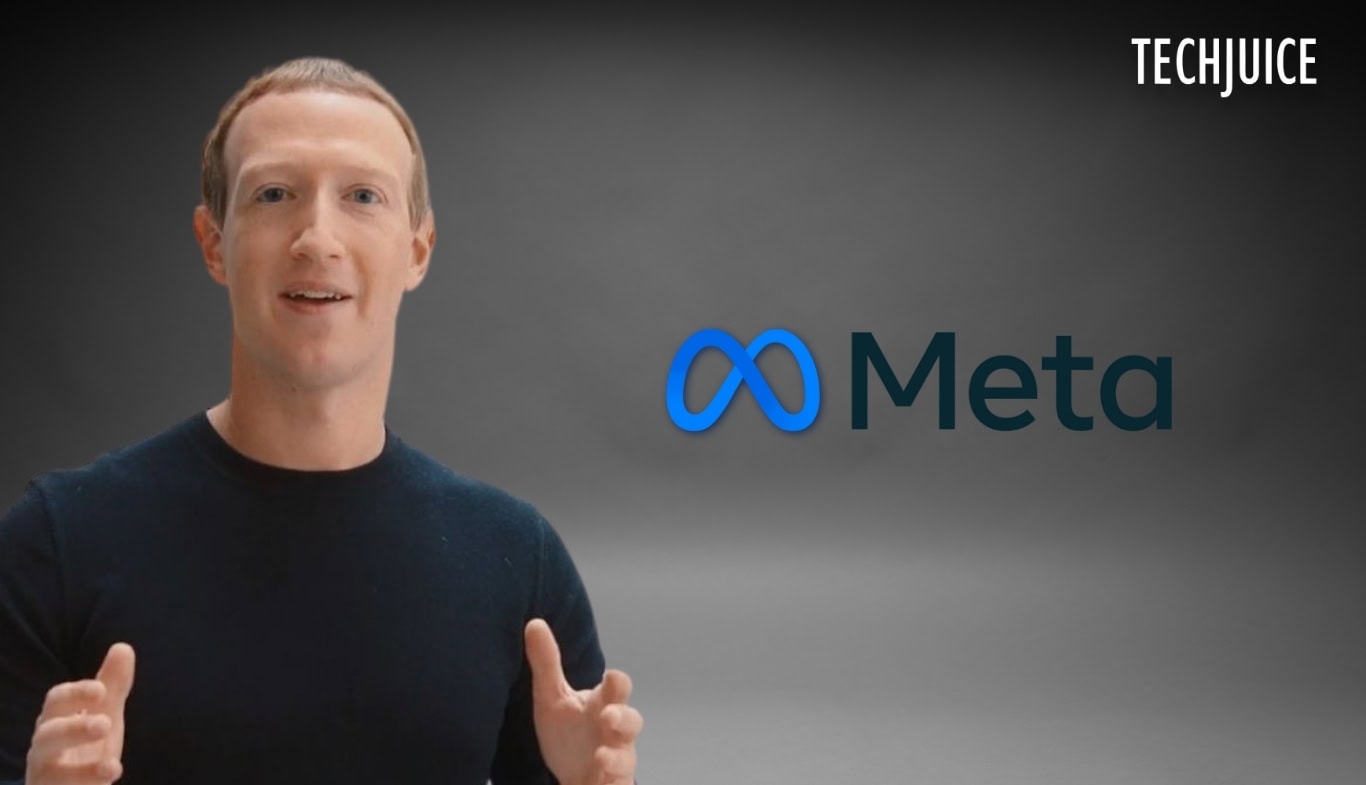
Meta’s Financial Arrangements with Llama AI Model Hosts Disclosed in Legal Filing
- 23.03.2025 21:43
- techjuice.pk
- Keywords: AI
Meta has revealed it shares revenue from Llama AI model hosts, contradicting CEO Zuckerberg's earlier claims. The company faces a copyright lawsuit for training models with pirated e-books.